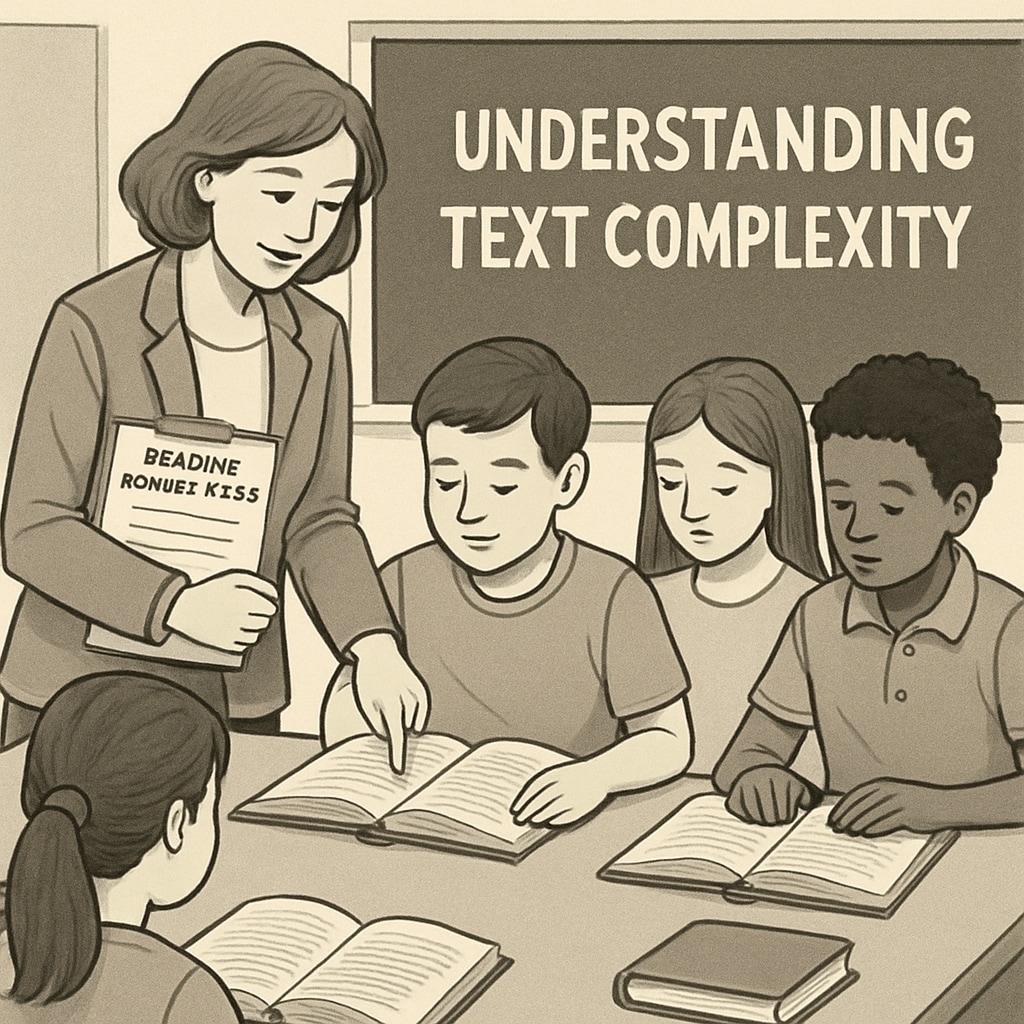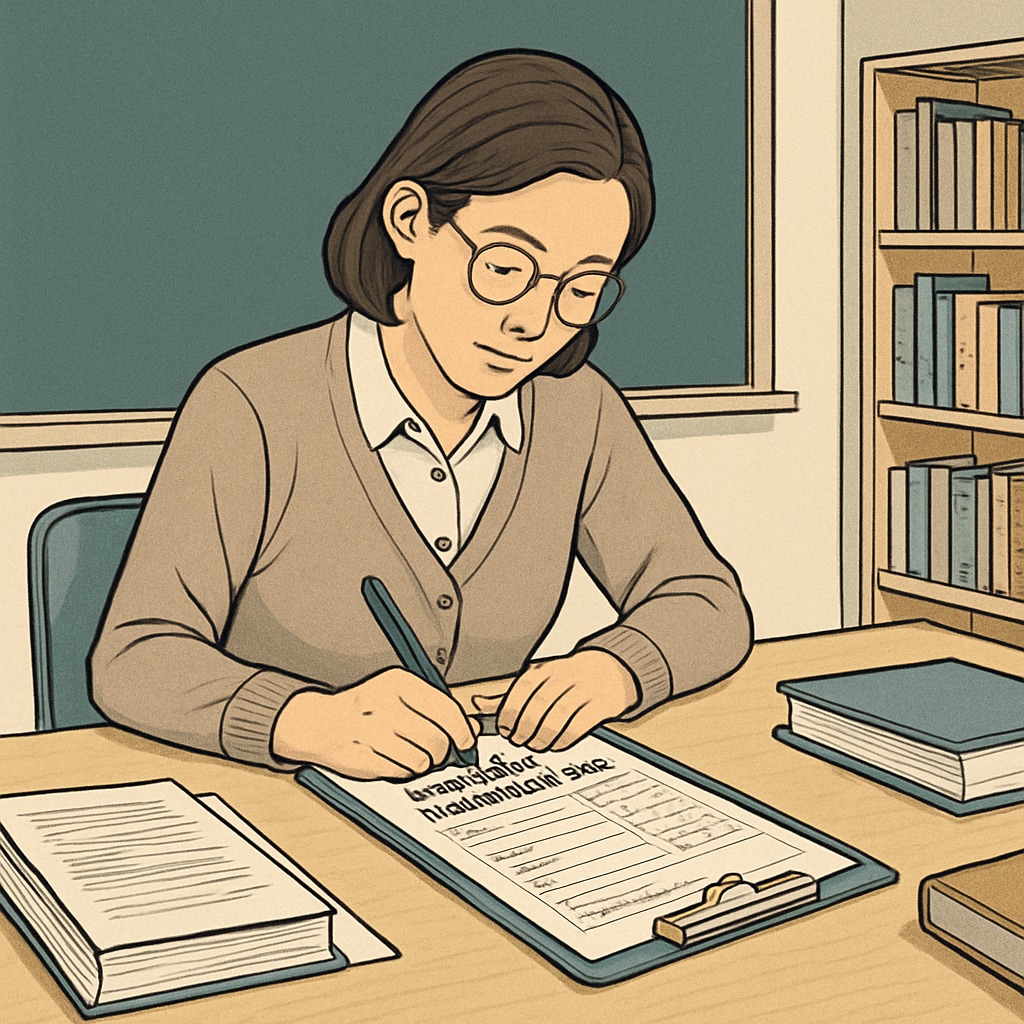Reading comprehension, text complexity, and teacher volunteers play a critical role in shaping the future of literacy education. While researchers and policymakers often lead the development of reading standards, teachers—those on the frontline of education—offer invaluable insights that can bridge the gap between theory and classroom practice. This article explores the importance of teacher participation in text complexity research and how their contributions can optimize K-12 literacy education.
The Importance of Teachers in Text Complexity Research
Text complexity refers to the difficulty level of reading material, determined by factors such as vocabulary, sentence structure, and the depth of ideas. Research in this field is pivotal for developing reading standards that prepare students for academic and real-world challenges. However, without teacher input, these standards may not reflect the realities of diverse classrooms.
Teachers have firsthand knowledge of how students engage with texts. For example, they understand which passages spark curiosity or cause confusion. By participating in research, teachers can ensure that the nuances of student reading behavior are considered. This collaboration leads to more practical and inclusive literacy frameworks.

How Teachers Can Contribute to Literacy Research
Teachers may wonder how they can balance their demanding schedules with contributing to text complexity research. Fortunately, opportunities to get involved are often designed to be manageable. For instance, many research initiatives require only 30 minutes of a teacher’s time to review and evaluate sample texts. These evaluations help researchers understand the suitability of reading materials for different grade levels.
Specific ways teachers can contribute include:
- Reviewing sample texts and providing feedback on their complexity and appropriateness.
- Participating in surveys or focus groups to share classroom experiences.
- Testing new reading materials with students and reporting outcomes.
By engaging in these activities, teachers directly influence the development of evidence-based literacy standards.

Benefits of Teacher Involvement
The benefits of teacher involvement in text complexity research extend beyond the classroom. Here are some key advantages:
- Enhanced Literacy Standards: Teacher feedback ensures that reading materials are age-appropriate, culturally inclusive, and academically challenging.
- Professional Development: Participation in research allows teachers to deepen their understanding of literacy theories and practices.
- Empowered Educators: Teachers gain a voice in shaping educational policies, fostering a collaborative approach to literacy development.
As a result, both students and educators benefit from a more practical and effective literacy framework.
Moving Forward Together
In conclusion, teacher volunteers are essential to advancing research in reading comprehension and text complexity. Their unique perspectives bridge the gap between academic research and classroom realities, ensuring that literacy standards meet the diverse needs of students. By dedicating just 30 minutes to these initiatives, teachers contribute to a brighter future for education.
As we strive to create a more scientifically grounded and equitable K-12 literacy system, the collective efforts of teachers, researchers, and policymakers will be indispensable. Together, we can empower the next generation of readers to thrive in a complex and ever-evolving world.
Readability guidance: The article uses concise paragraphs and lists to enhance readability. Transition words ensure smooth flow, while the balance of active and passive voice maintains engagement.


